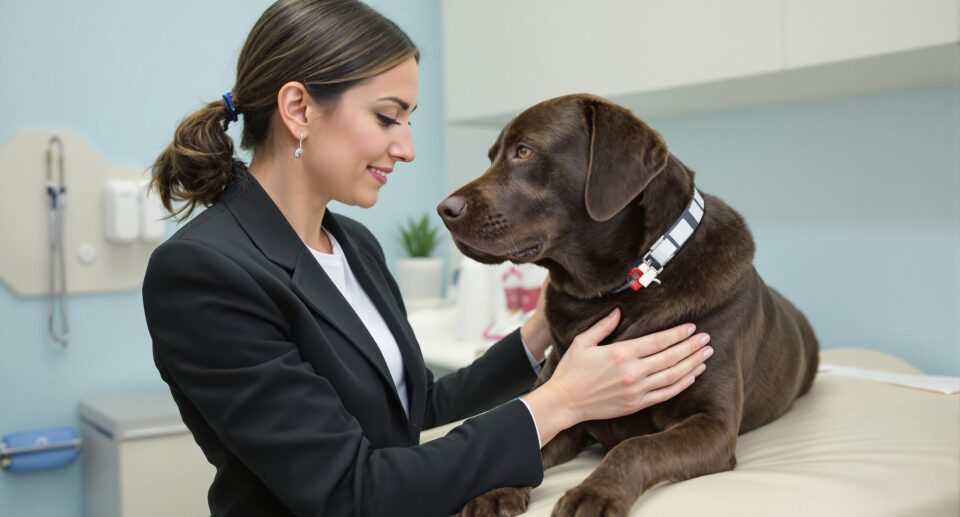Common Urinary Tract Problems in Dogs

Urinary tract problems in pets can range from a common urinary tract infection, to more complex conditions like kidney stones. Although it is believed urinary tract problems are more common in young or senior pets, the truth is, pets of all ages can develop them. Below are popular pet medications for some of the most common urinary tract related conditions including urinary tract infections, noticing blood in pet’s urine, urinary incontinence, and bladder stones.
Relieve your pet’s inflamed urinary tract
Antibiotics are the most common pet medication used in urinary tract infections because of their ability to quickly reduce inflammation of the urinary tract. You will need a prescription from your veterinarian for all of these medications.
Blood in pet’s urine
If you’ve noticed blood in your pet’s urine, this could be a result of your pet experiencing difficulty urinating, which could cause your pet to strain during the process. Dr. Michael Dym, a veterinarian, says this behavior may be a result of bacteria overgrowth in the urinary tract.
For situations where there is no evident cause of the blood, your veterinarian may perform a complete workup along with urine analysis, and prescribe antibiotic pet meds to help treat the condition. However, if your pet’s symptoms worsen or relapse, you should visit your veterinarian again immediately. In these situations, CBC/chemistry blood tests may need to be performed. Also, it’s possible your pet will require ultrasounds to check for hormonal disorders like Cushing’s disease or diabetes.
Control urine leaks
If your pet has begun to leak urine while resting or during times of playing or walking, you can use one of the below pet medications to try to control your pet’s leaking problem. You will need a prescription from your veterinarian for Proin, and if your pet’s condition doesn’t improve or worsens after using HomeoPet Leaks No More, see your veterinarian immediately as this may suggest a medical condition for the leakage problem.
Prevent bladder stones from forming
Bladder stones are just as uncomfortable for pets as they are to us humans. A pet with bladder stones can experience painful urination, frequent urination, and can even have blood in their urine. In most cases, bladder stones will need to be removed surgically. However, some veterinarians may recommend giving urine acidifiers to reduce the risk of bladder stones forming in the future.





